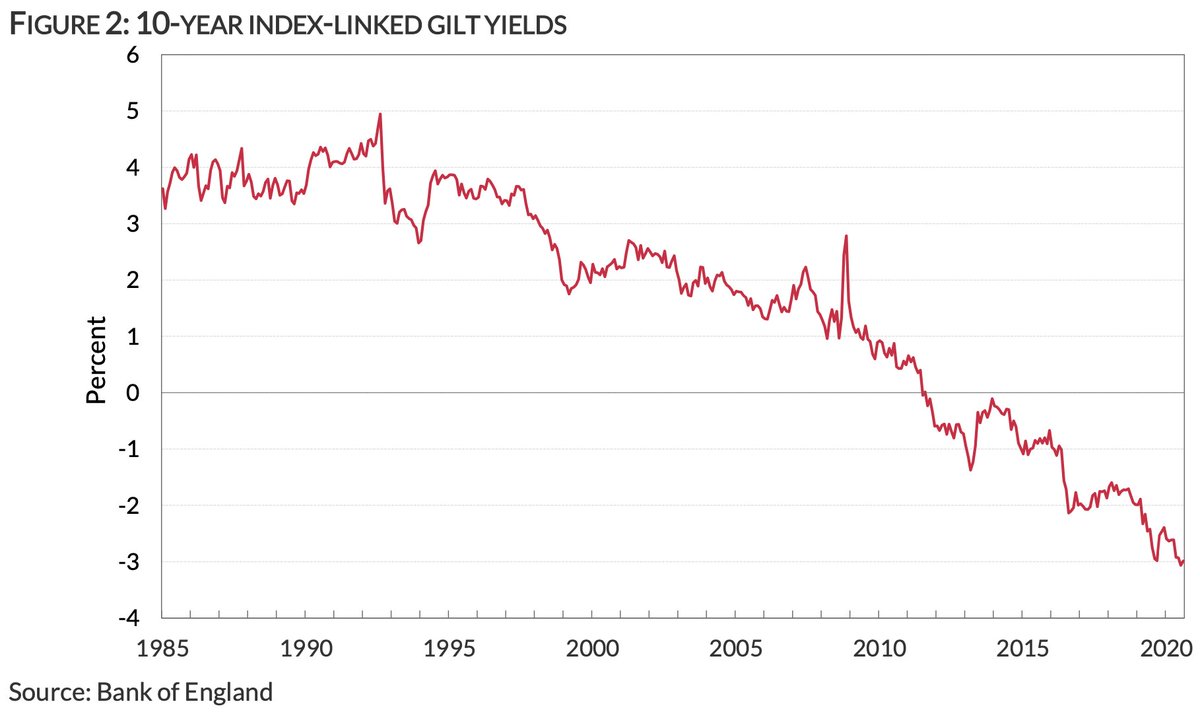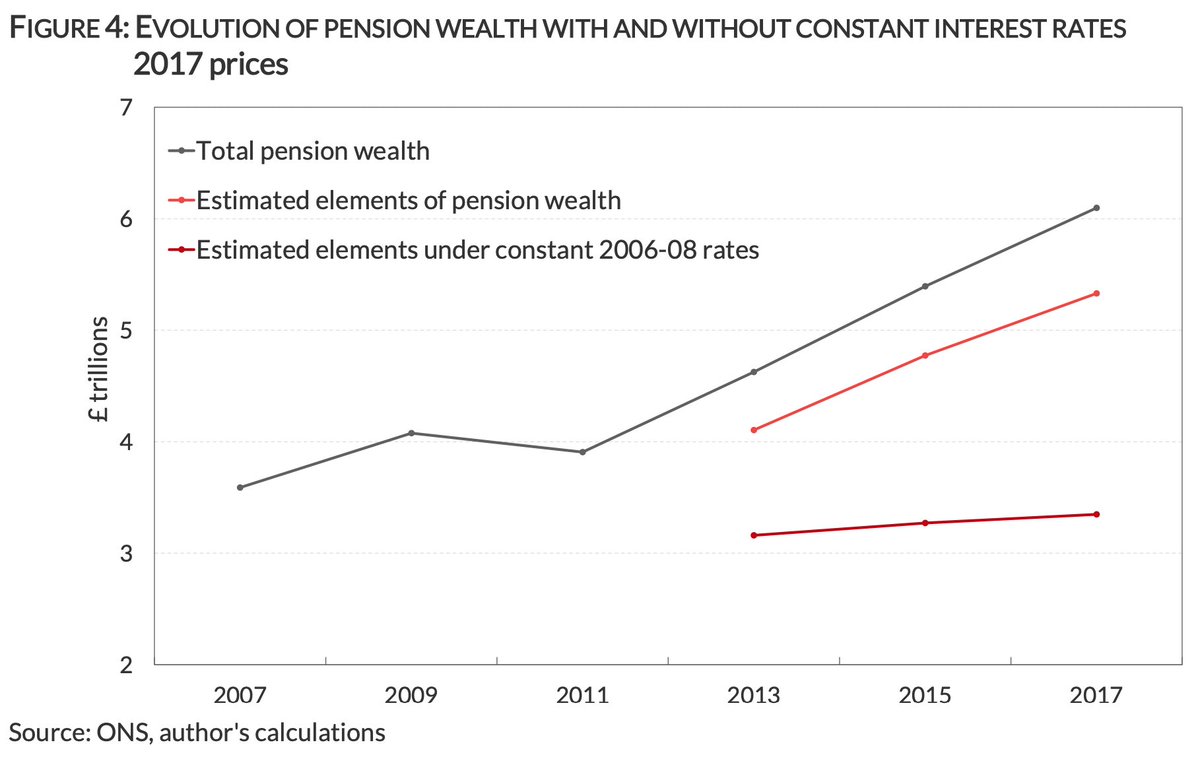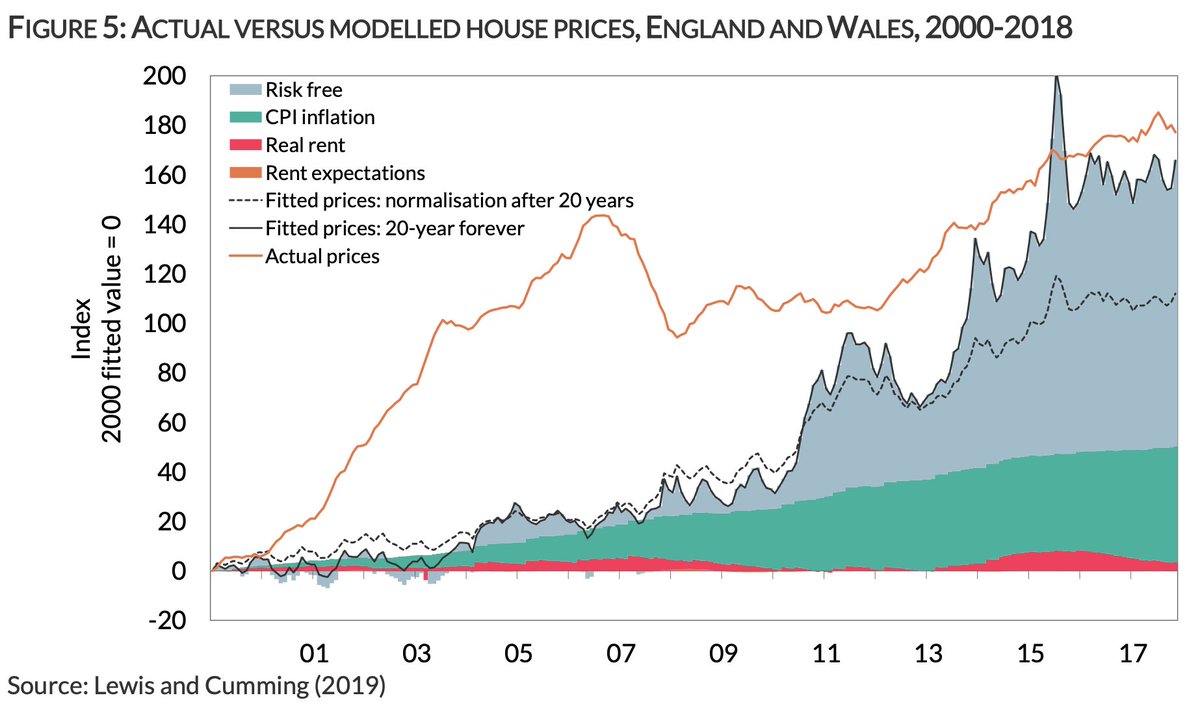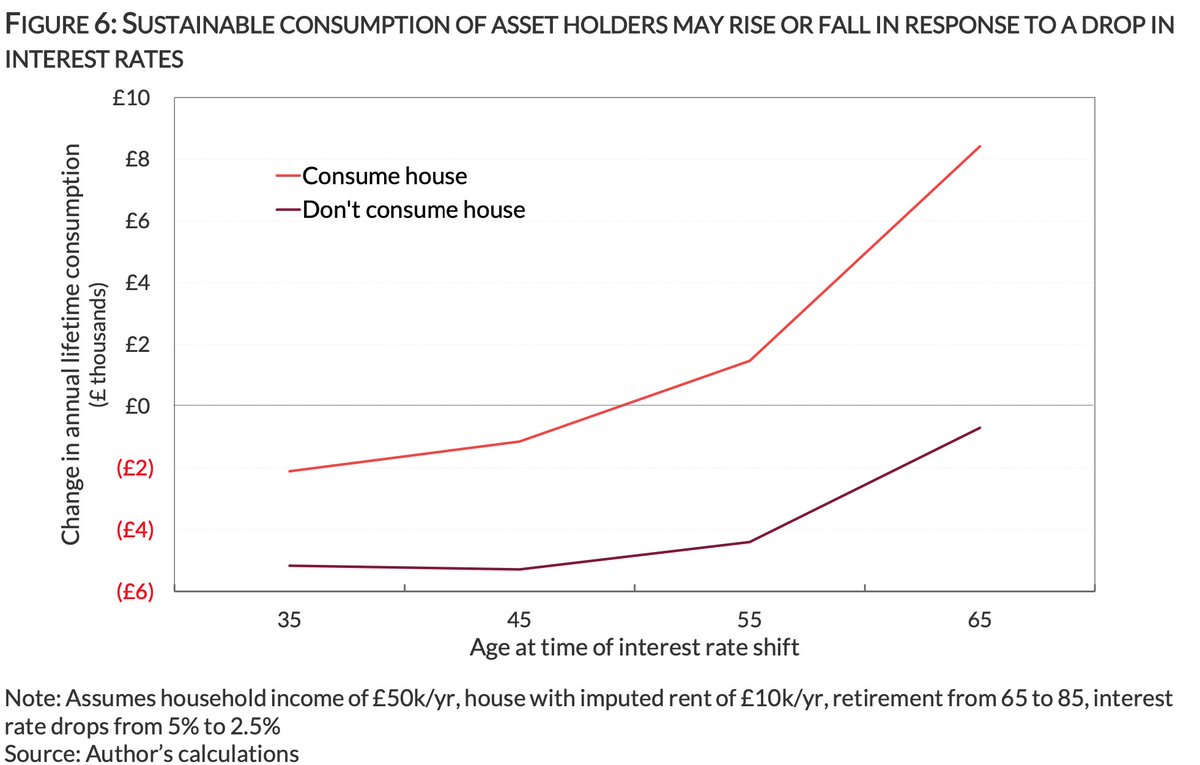Household wealth has increased from almost £5 trillion  to about £15 trillion
to about £15 trillion 

 in less than 25 years. Where did all this wealth come from?
in less than 25 years. Where did all this wealth come from?
My paper for the @cage_warwick LSE wealth tax commission explores some of the implications. Blog version here https://medium.com/@ian.mulheirn/where-did-all-that-wealth-come-from-d9e698bfd477
 to about £15 trillion
to about £15 trillion 

 in less than 25 years. Where did all this wealth come from?
in less than 25 years. Where did all this wealth come from?My paper for the @cage_warwick LSE wealth tax commission explores some of the implications. Blog version here https://medium.com/@ian.mulheirn/where-did-all-that-wealth-come-from-d9e698bfd477
We spend a lot of time discussing the distribution of wealth, but less on thinking about where it came from and why. That has implications for a wealth tax.
Wealth can accumulate through active saving and rents, a la Piketty. But this doesn't fit the UK story well
Wealth can accumulate through active saving and rents, a la Piketty. But this doesn't fit the UK story well
But there's a second source of wealth: falling interest rates that magnify the value of any asset that yields an income.
And boy have those income streams been magnified in recent years...
And boy have those income streams been magnified in recent years...
Take pensions (42% of all household wealth): some 80-90% of the increase recorded in the Wealth and Assets survey is a direct result of falling discount rates, despite auto enrolment
And on housing (35% of total wealth) it's a very similar story, with the boom in net housing wealth accounted for by the decline in interest rates
Interest rate effects are having profound impact on our society and economy, arbitrarily raising living standards for some at the expense of others. Good @PJTheEconomist piece on this https://www.ifs.org.uk/publications/15162
But we talk about it surprisingly little. 4 implications seem important
But we talk about it surprisingly little. 4 implications seem important
1) Increases in wealth, in aggregate at least, have been overwhelmingly down to good luck on the part of people who held assets as interest rates fell. This makes such wealth an attractive target for taxation relative to many other things
2) Income from the massive increase in aggregate wealth hasn't changed: you're much less rich with £1m when rates are 1% (the recent norm) than when they're 5% (early 2000s norm)
So stocks of wealth aren’t necessarily a consistent guide to the living standards of their owners
So stocks of wealth aren’t necessarily a consistent guide to the living standards of their owners
3) Owners of assets driven up by interest rates can only achieve a higher standard of living by liquidating and consuming the proceeds at some stage in their life.
That suggests it might be fairer to tax them only when they do so rather than on their paper holdings
That suggests it might be fairer to tax them only when they do so rather than on their paper holdings
4) Falling rates magnify future consumption costs too: someone whose house jumps in value may actually be worse off over their lifetime if low rates mean they now need to save much more in a pension.
Net wealth isn't always a reliable guide to how 'rich' different people are
Net wealth isn't always a reliable guide to how 'rich' different people are
Lots more in the full paper, which you can read here. This only scratches the surface of a profoundly important set of trends that could be accelerated by the pandemic. We should talk about it more https://www.wealthandpolicy.com/wp/BP122_Sources.pdf
I'd recommend all the evidence papers for the commission, but on this topic the paper by @arunadvaniecon @GeorgeBangham @jackhleslie is particularly good. Do have a read here https://www.wealthandpolicy.com/wp/101.html

 Read on Twitter
Read on Twitter





